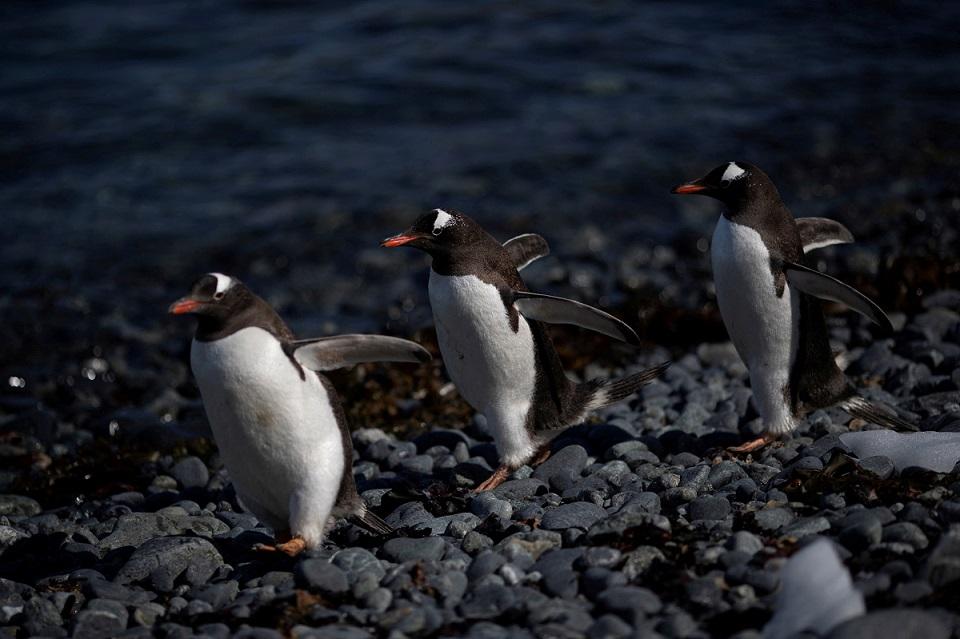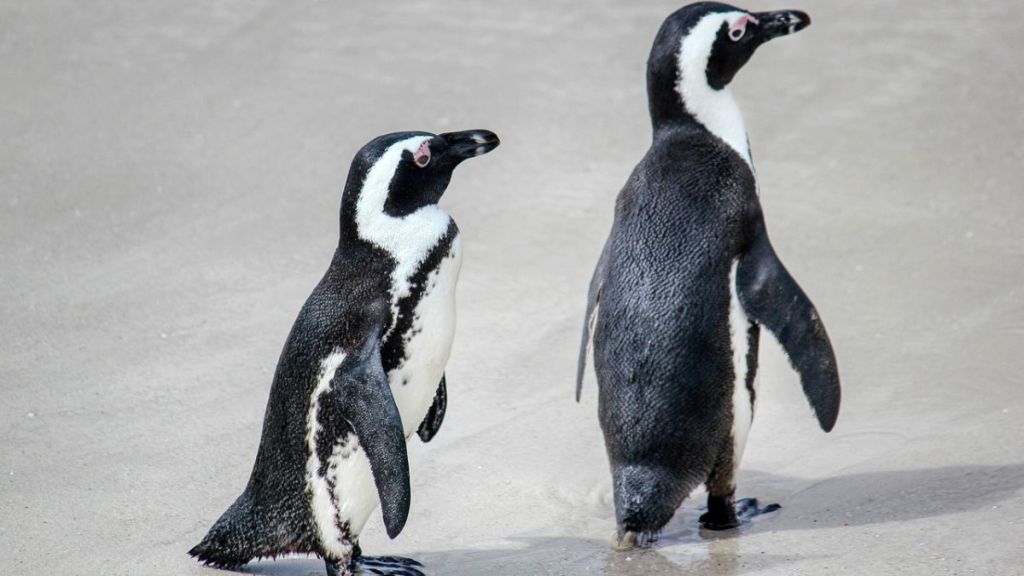Is the apocalypse near? First death of Penguins in the Antarctic due to H5N1 bird flu makes experts raise alarm
First penguin death in the Antarctic from H5N1 bird flu raise concerns of an impending ecological disaster. Experts sound alarm
The death of one king penguin is suspected to have been due to bird flu on South Georgia island in the Antarctic region, according to a report by the Guardian. This will be the first of the species to be killed by the highly contagious H5N1 virus in the wild if confirmed.
Concerns have been raised by experts about the impact of the potentially devastating disease on remote penguin populations. It has been highlighted that the current breeding season could enable a speedy spread of the virus leading to “one of the largest ecological disasters of modern times.”
The Antarctic was the sole major geographical region where high pathogenicity avian influenza virus had not been previously identified. Birds such as penguins, which had never encountered the virus before, lacked prior
Among the affected penguins were king penguins, the world’s second-largest penguin species, standing about 3 feet tall and capable of living over 20 years in the wild. In addition to king penguins, a gentoo penguin succumbed to H5N1 at the same location, and another gentoo penguin was confirmed to have died from the virus on the Falkland Islands, situated 900 miles (1,500 km) west of South Georgia.
Previous outbreaks in South Africa, Chile, and Argentina demonstrated the high vulnerability of penguins to the disease, resulting in the death of over 500,000 seabirds, including penguins, pelicans, and boobies, in South America.
Ed Hutchinson, a molecular virologist at the MRC-University of Glasgow Centre for Virus Research, expressed concern about the introduction of the H5N1 virus into the Antarctic, emphasizing the risk it posed to the delicate ecosystem. While saddened by reports of penguin fatalities, he noted that it was sadly not unexpected.
Diana Bell, emeritus professor of conservation biology at the University of East Anglia, echoed these concerns, emphasizing the potential rapid spread of the virus within penguin colonies due to their colonial social organization.
The threat of avian flu compounds the existing challenges faced by pristine polar ecosystems. A 2018 study predicted that king penguins in Antarctica could face extinction by the end of the century.
Recently, a polar bear succumbed to H5N1, marking the first recorded case in this species. The bear was discovered in Utqiagvik, an area significantly affected by the ongoing global outbreak. Polar bears are classified as “vulnerable” on the International Union for Conservation of Nature (IUCN) red list due to declining sea ice.
The virus also poses a risk to humans, especially those in contact with poultry.
By JAKE SPRING and GLORIA DICKIE,
Published January 31, 2024

Three gentoo penguins walk along Quentin Point, Anvers Island, Antarctica
A deadly type of bird flu has been found in gentoo penguins for the first time, according to the Scientific Committee on Antarctic Research (SCAR), stoking concern that the virus could spread to Antarctic penguin colonies.
Researchers found about 35 penguins dead in the Falkland Islands on Jan. 19. Samples taken from two of the dead penguins both came back positive for the H5N1 avian influenza virus, said Ralph Vanstreels, a veterinarian who works with SCAR.
The deaths confirm that gentoo penguins are susceptible to the highly lethal disease that has decimated bird populations across the world in recent months. However, gentoos rarely travel between the Falklands off the coast of Argentina and the Antarctic Peninsula, which lies some 1,300 kilometers (807 miles) to the south.
That means traveling penguins are unlikely to drive the spread to the southern continent, said Vanstreels, a researcher affiliated with University of California-Davis.
"The role that gentoo penguins could have, instead, is to serve as local reservoirs of infection," he said. "That is, maintain a pool of susceptible hosts that never leaves the islands."
Researchers also found in nearby South Georgia a suspected case of bird flu in king penguins. Scientists are still waiting for test results to confirm the presence of H5N1, Vanstreels said.
Hundreds of thousands of penguins gather in tightly packed colonies on the Antarctic continent, which could enable the deadly virus to easily jump between individuals.
While penguins may be charismatic, conservationists are more concerned about other species, Vanstreels said. Elephant seals and fur seals have died in larger numbers in South Georgia, following mass casualties in those species in South America.
"This is especially concerning because South Georgia is home to 95 percent of the world's population of Antarctic fur seals. If that population collapses, the species will be in a critical situation," he said. — Reuters

No comments:
Post a Comment